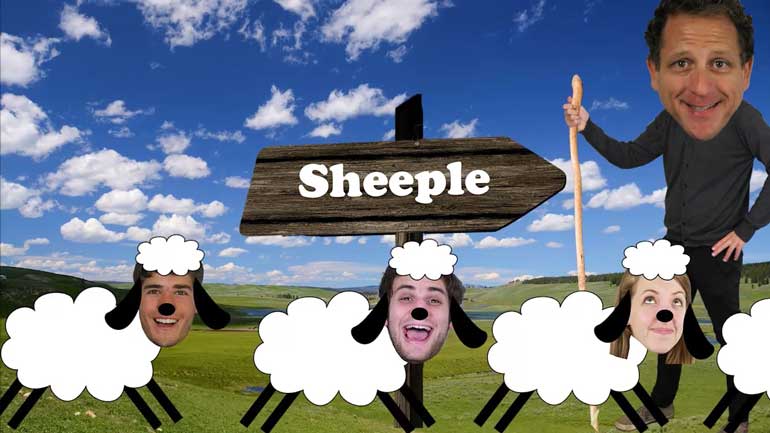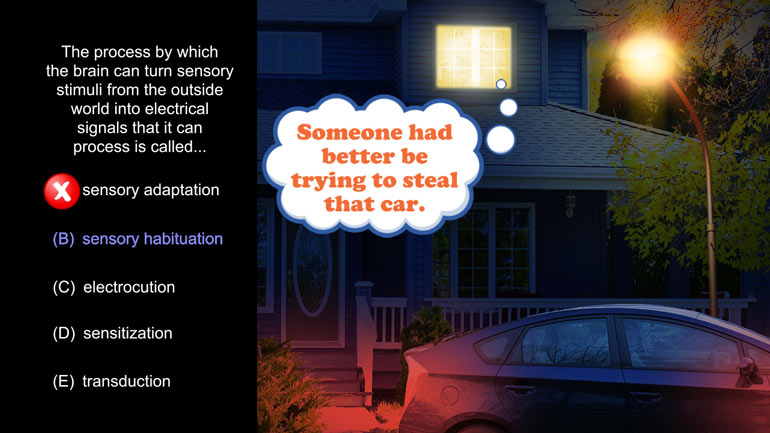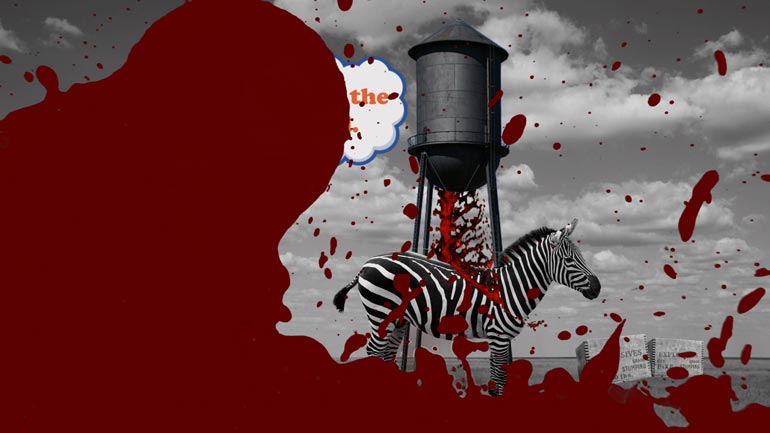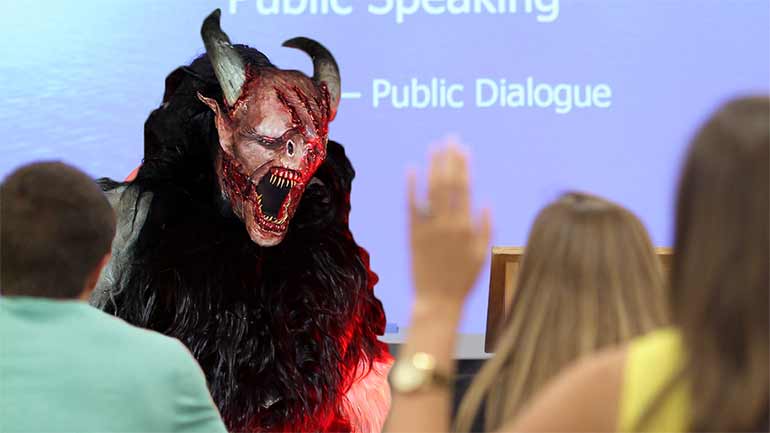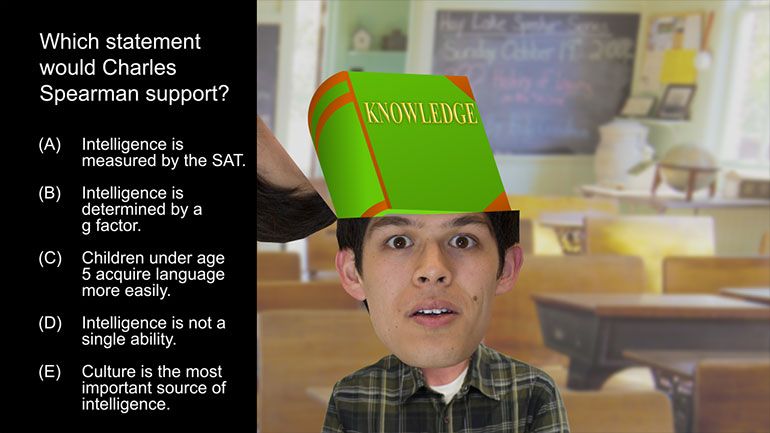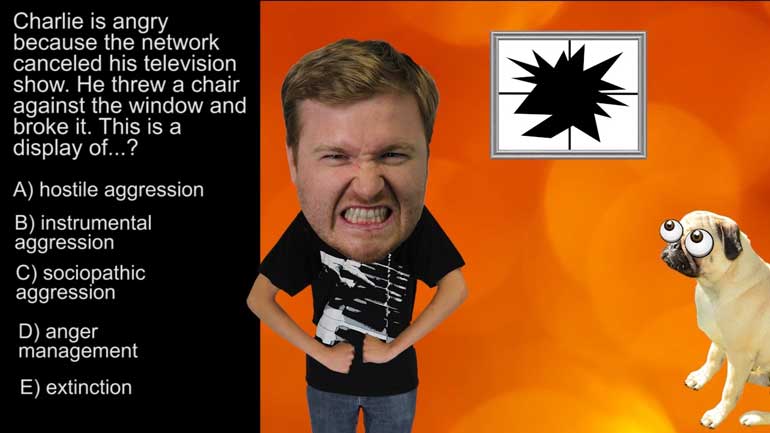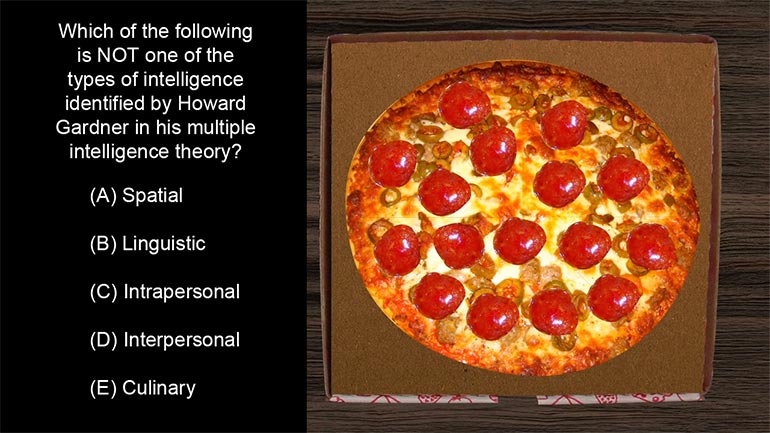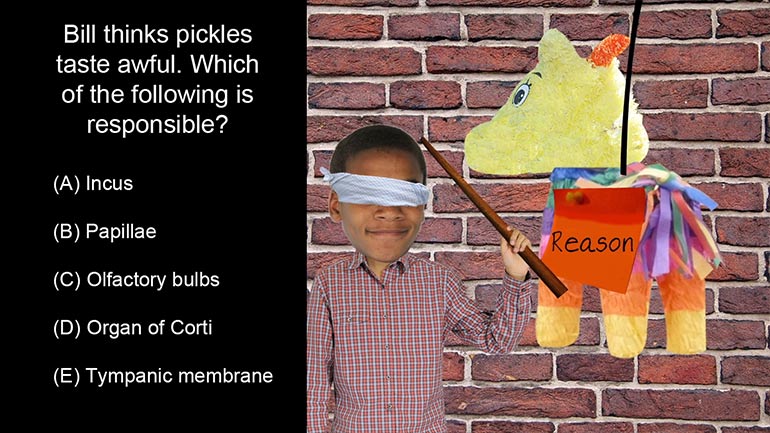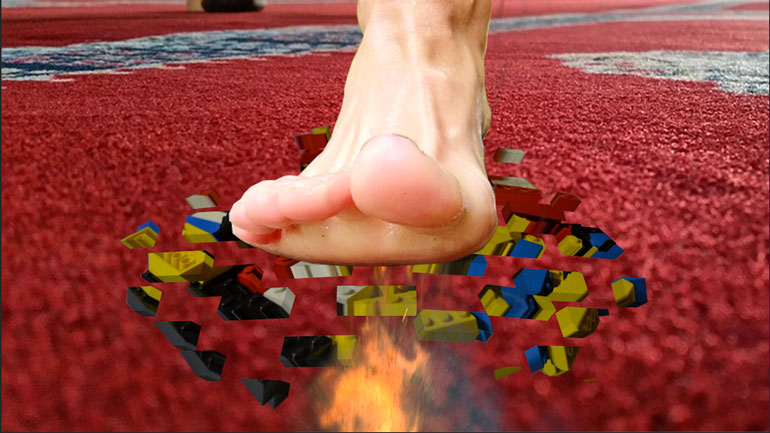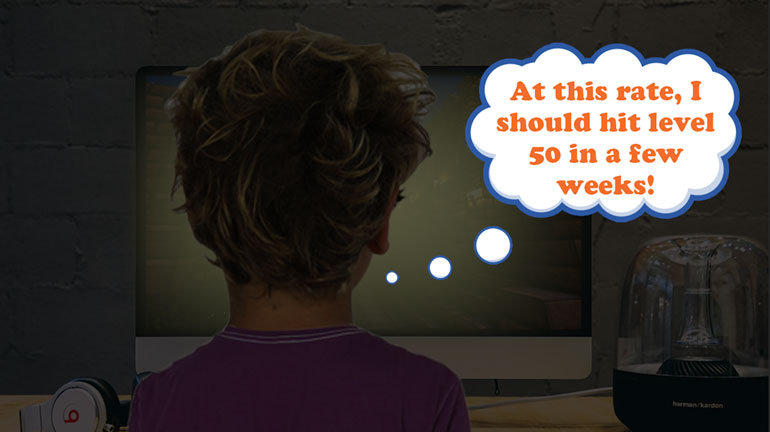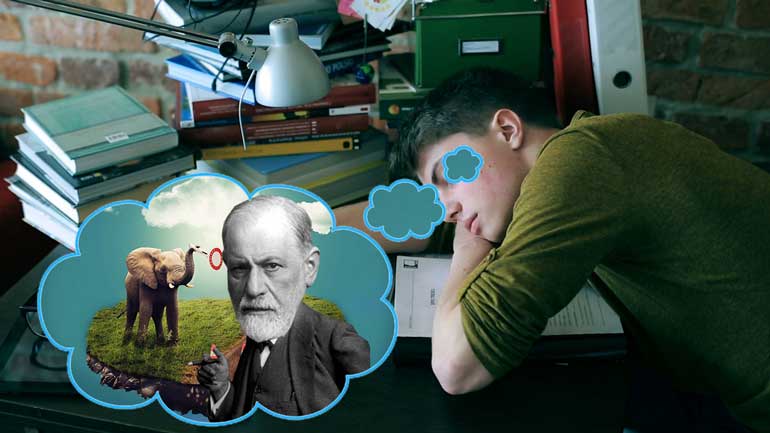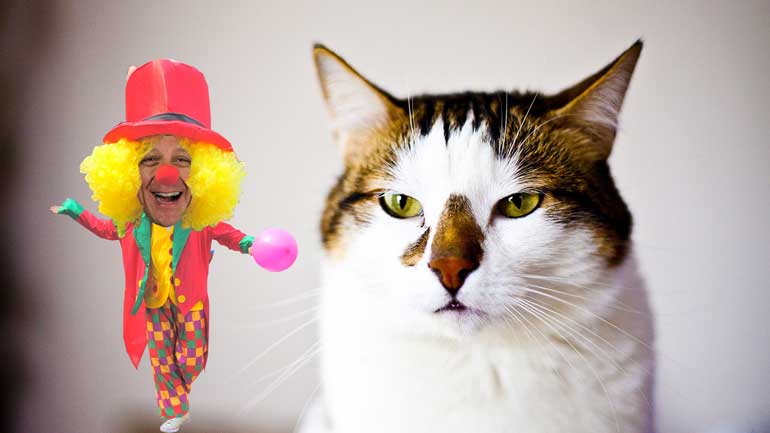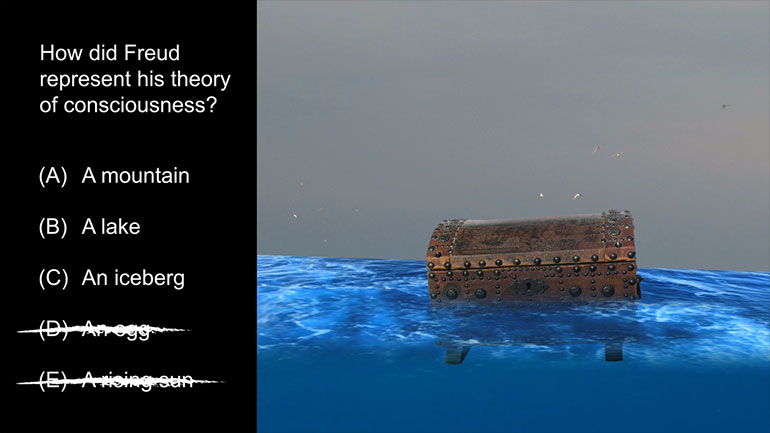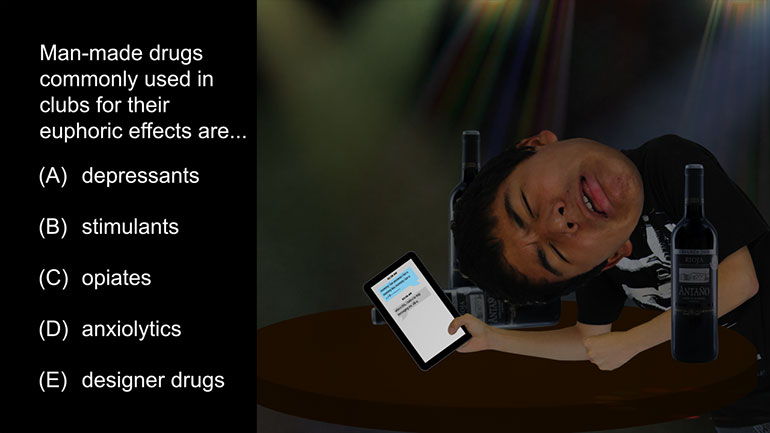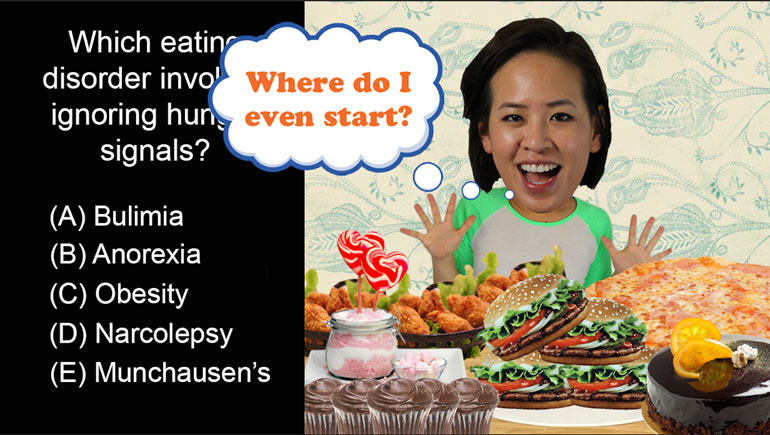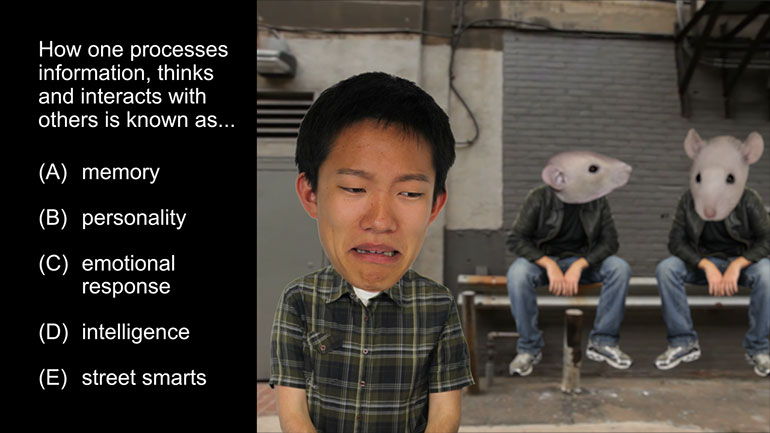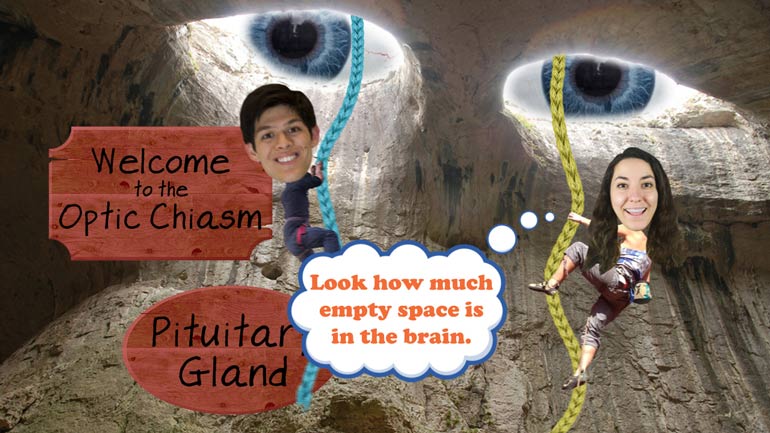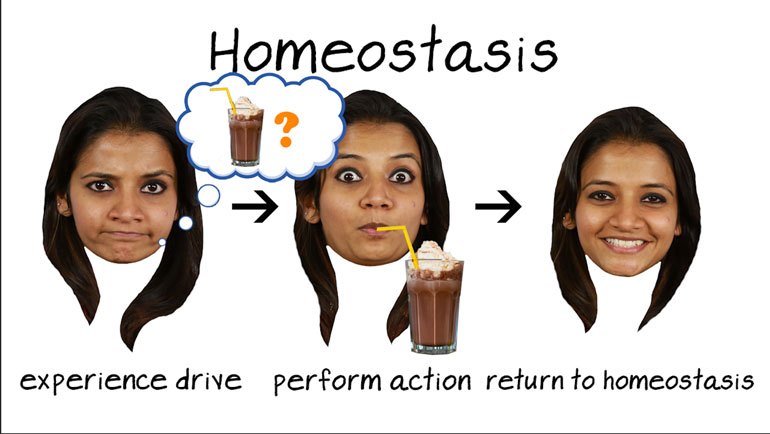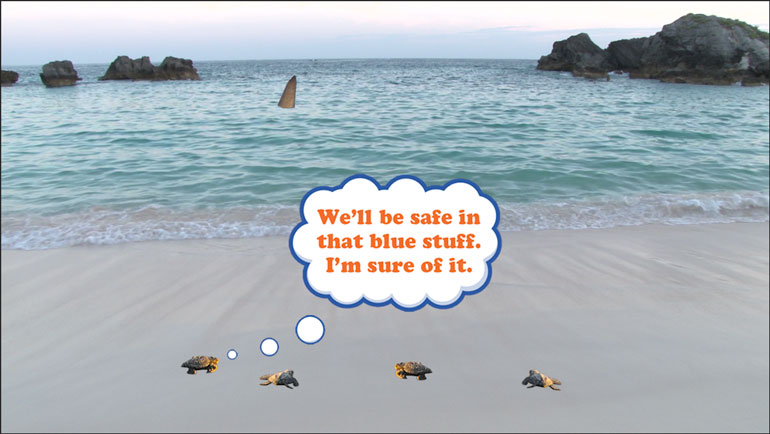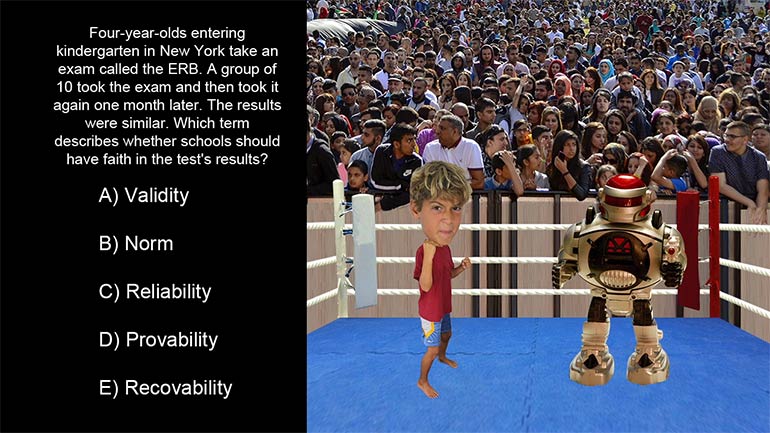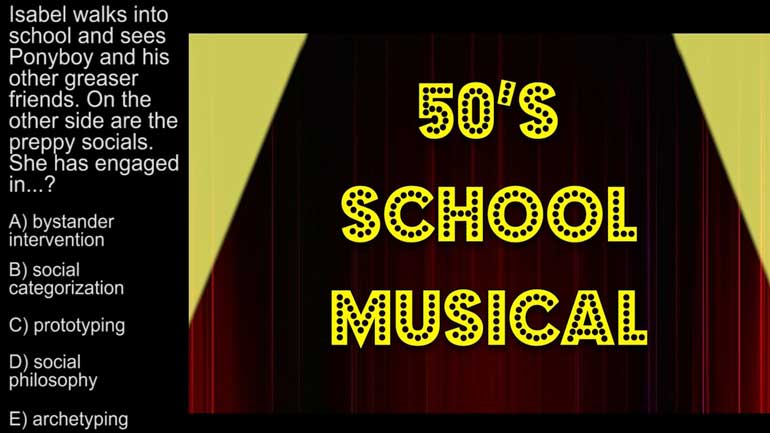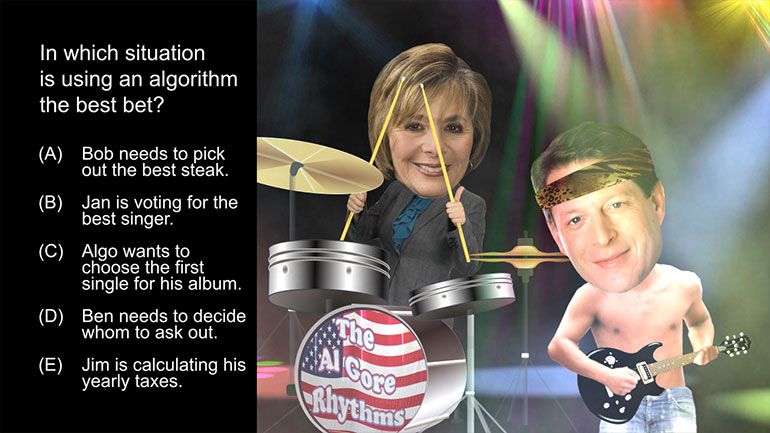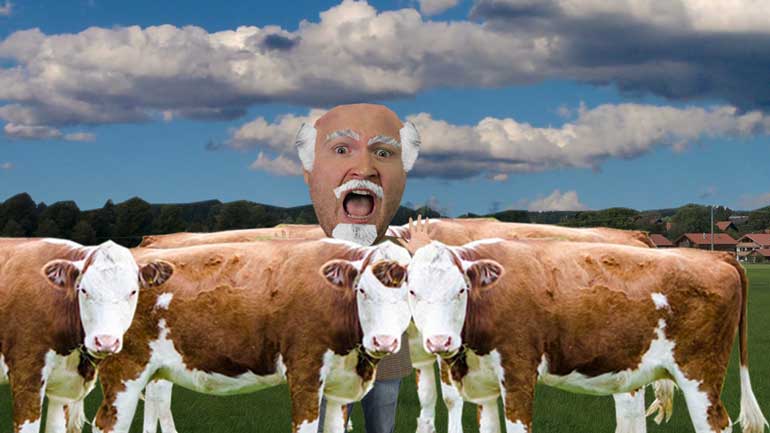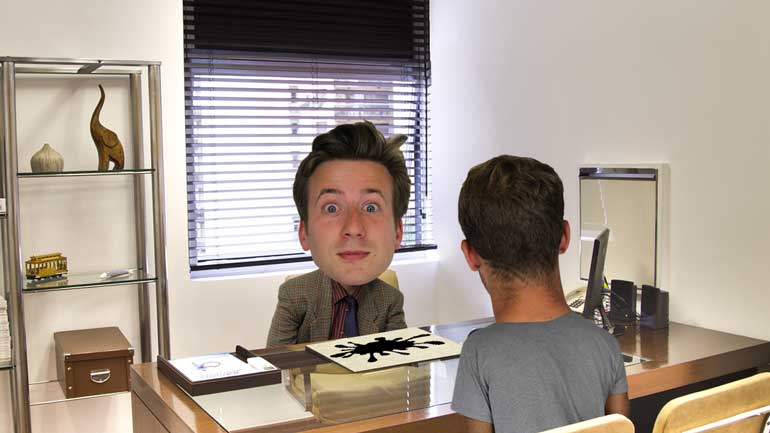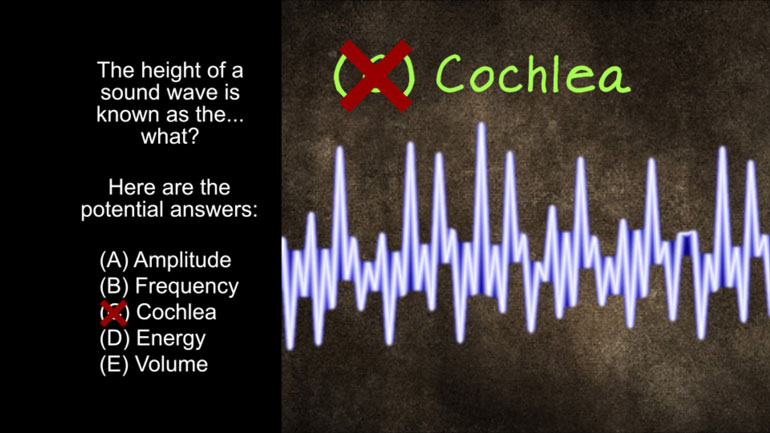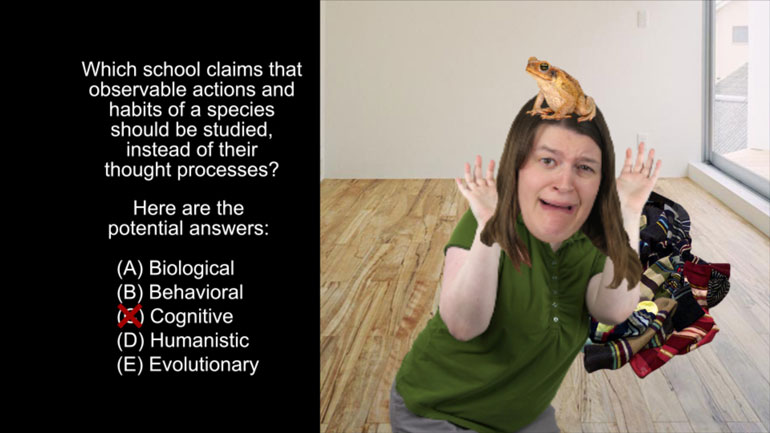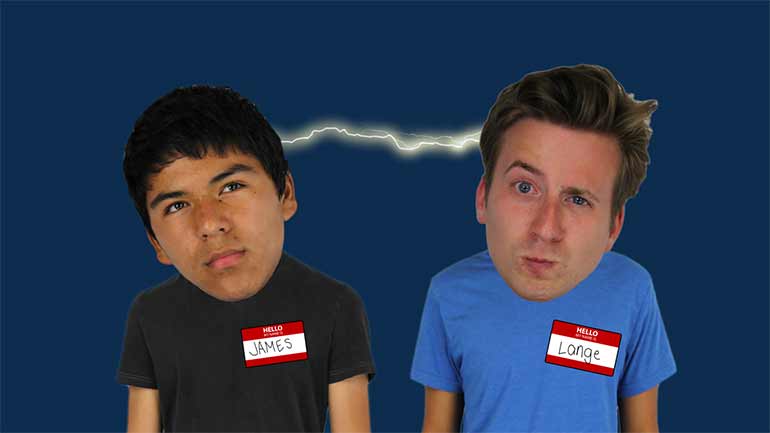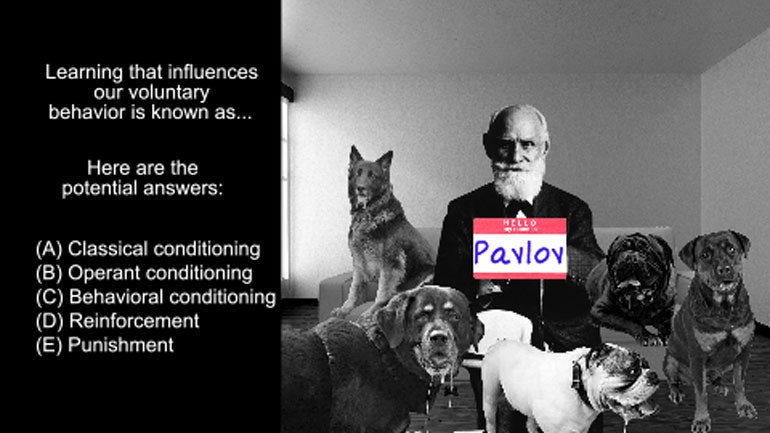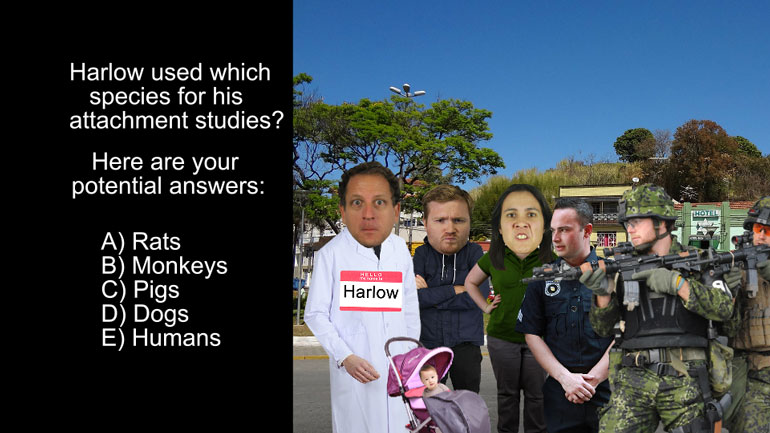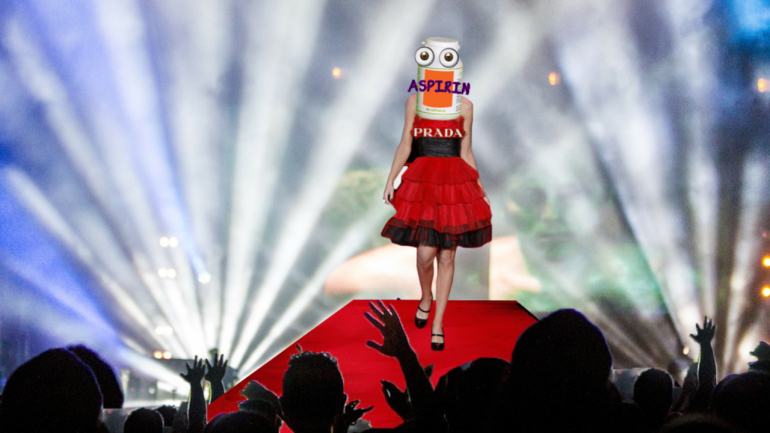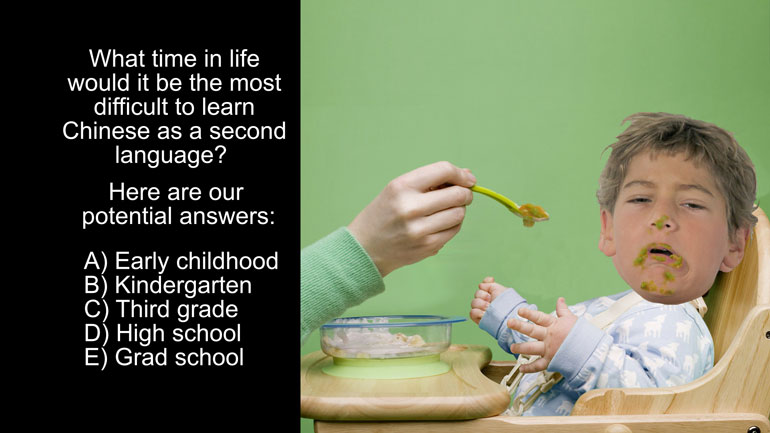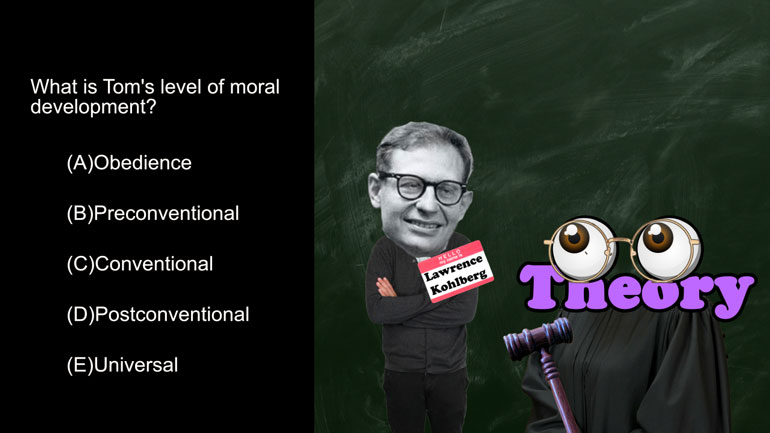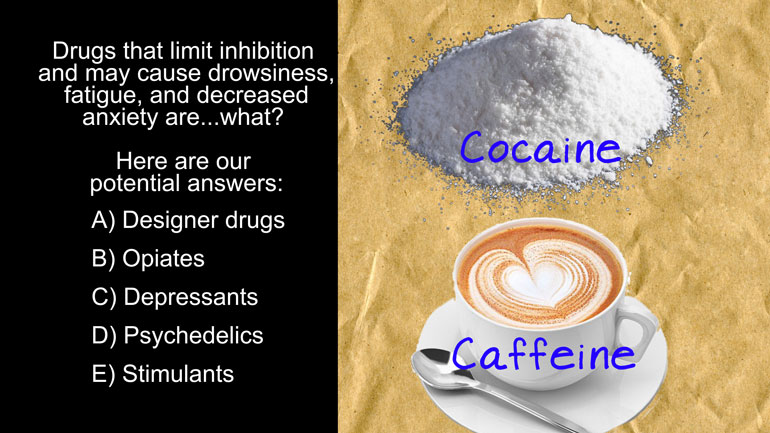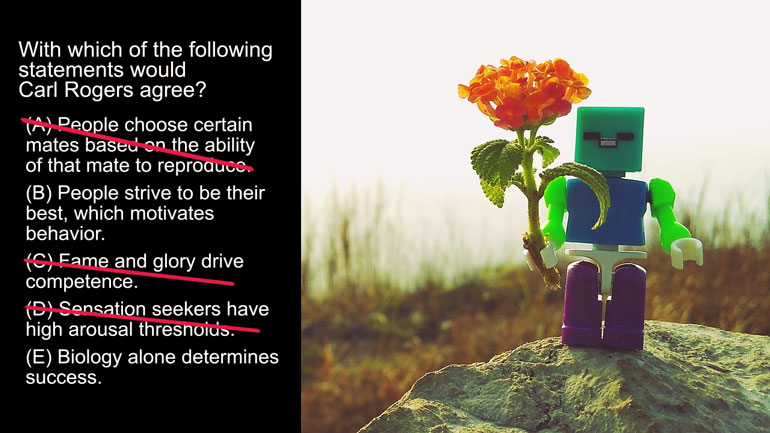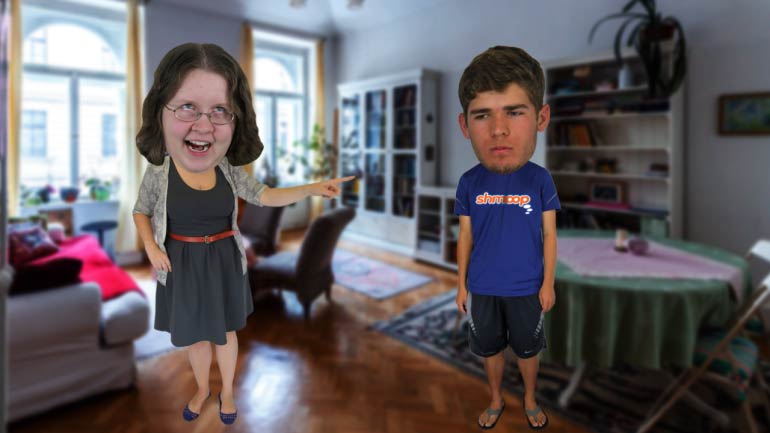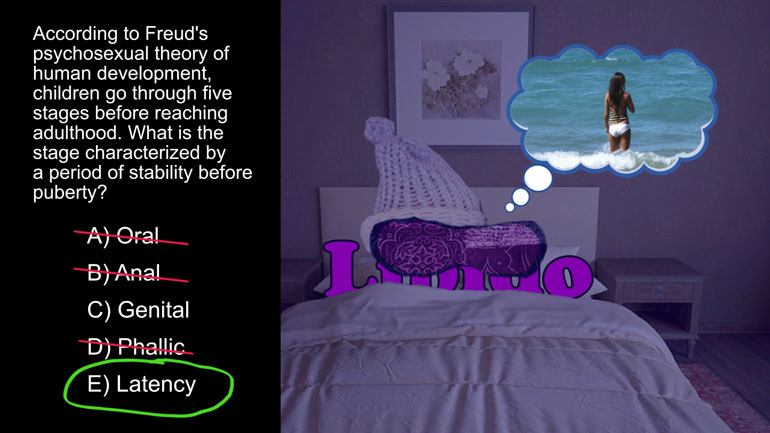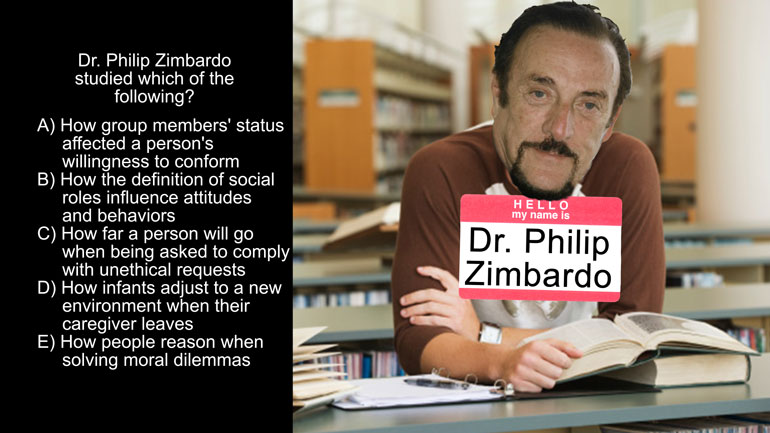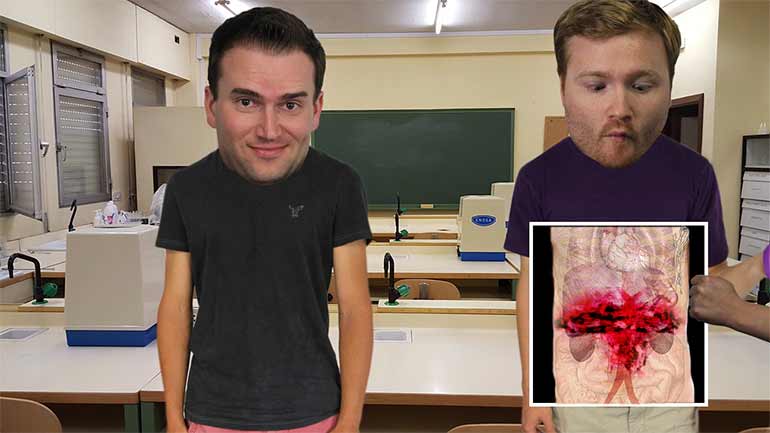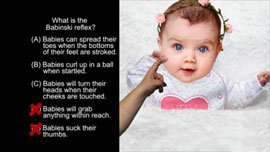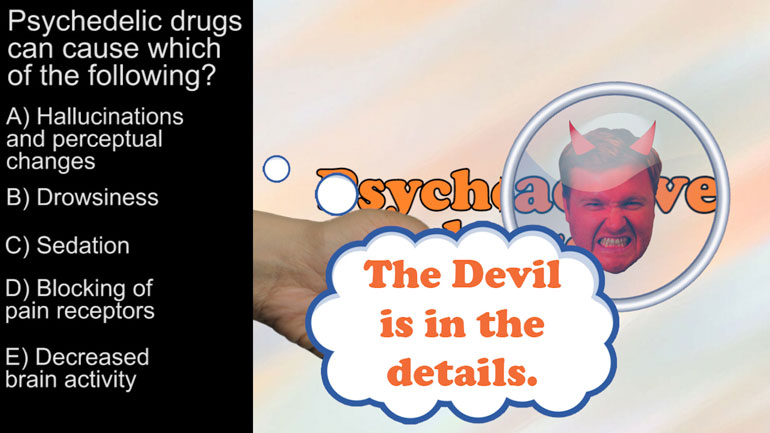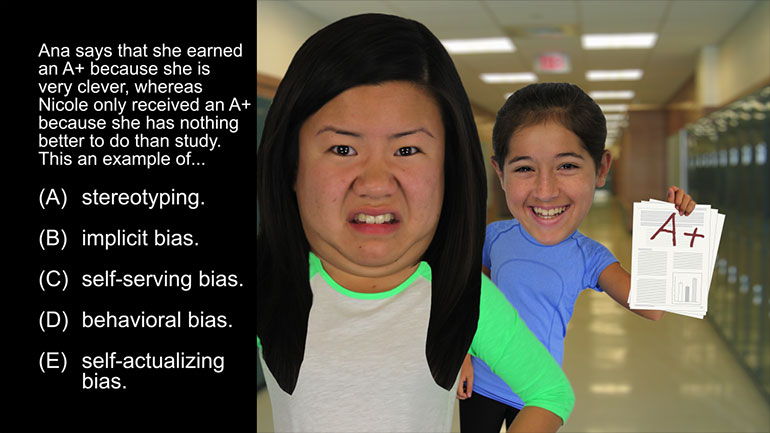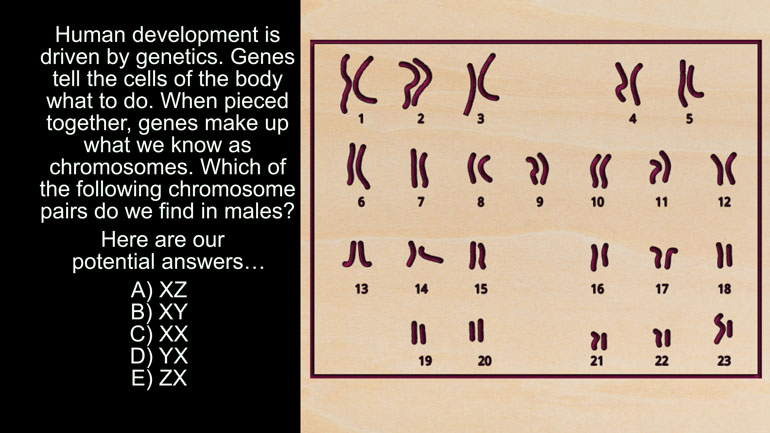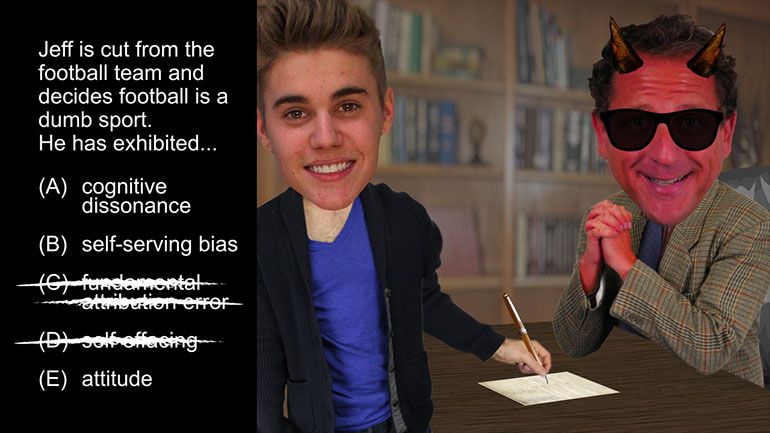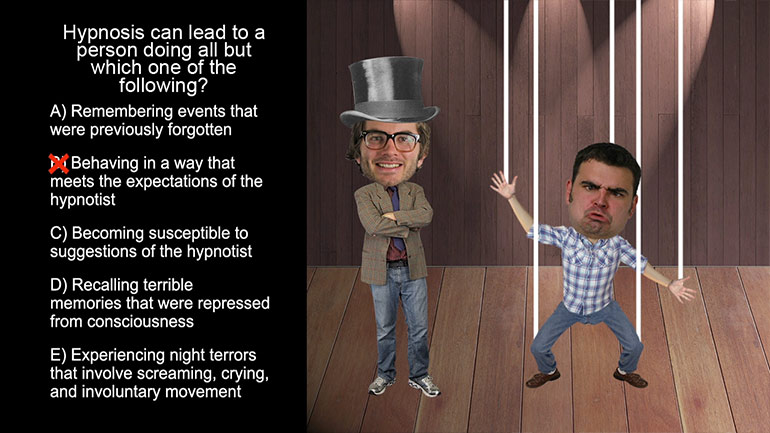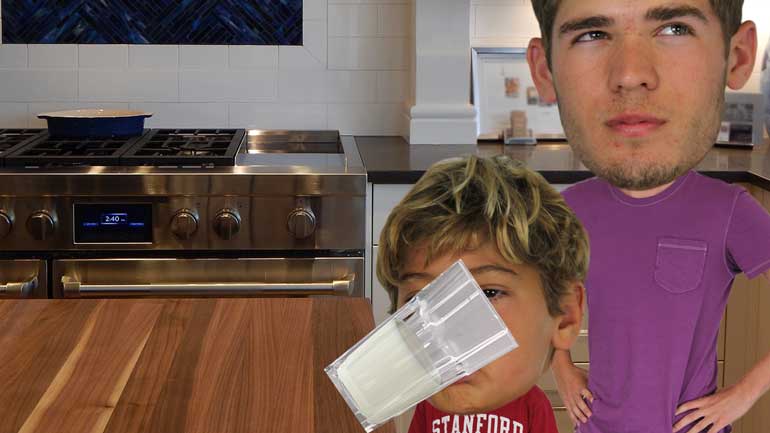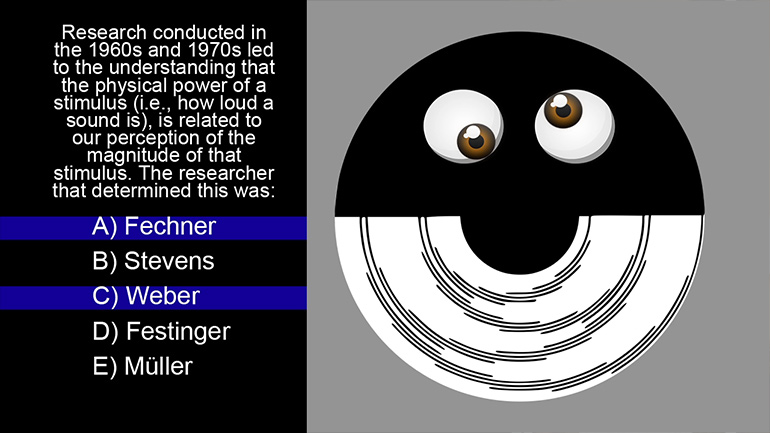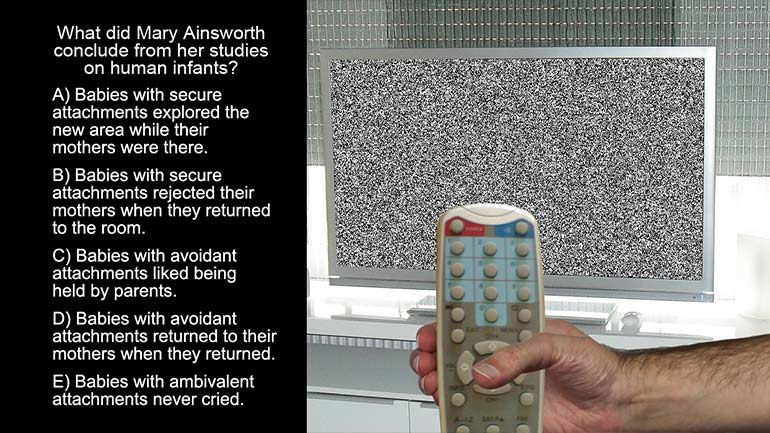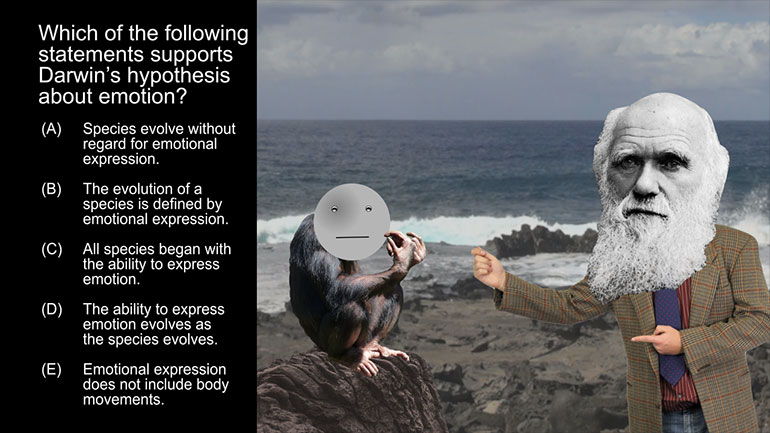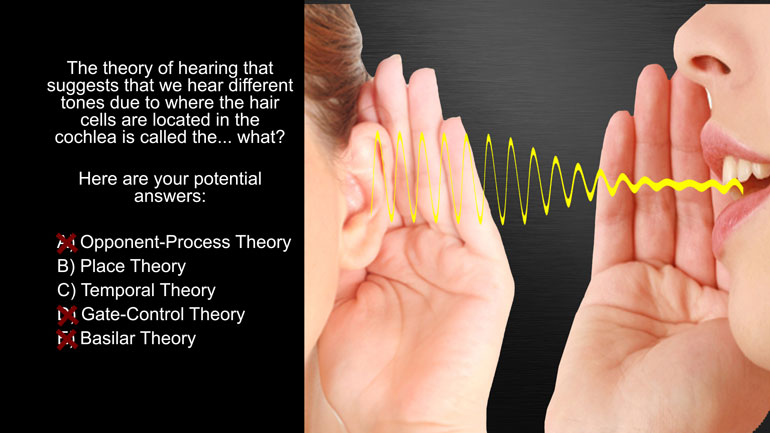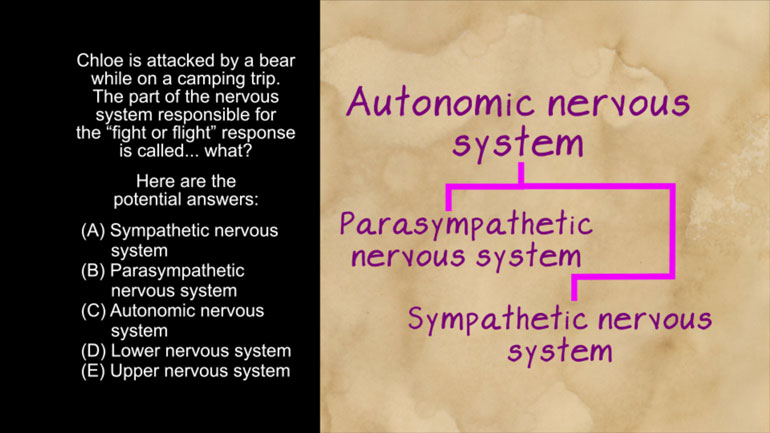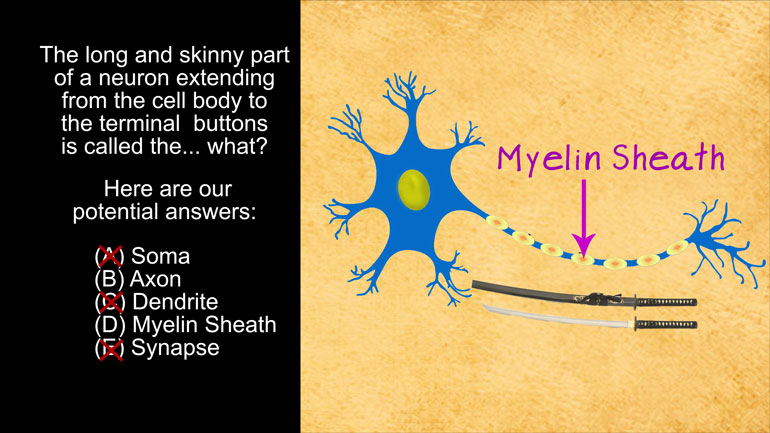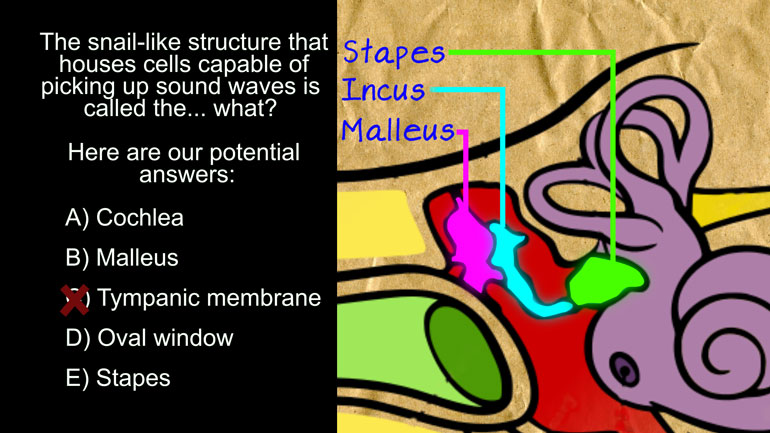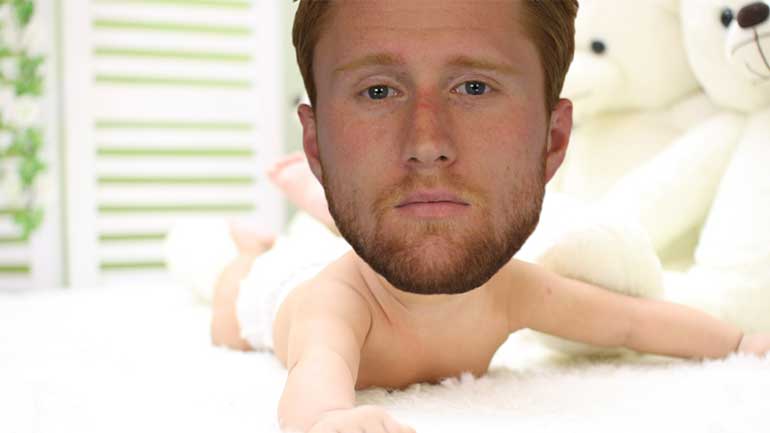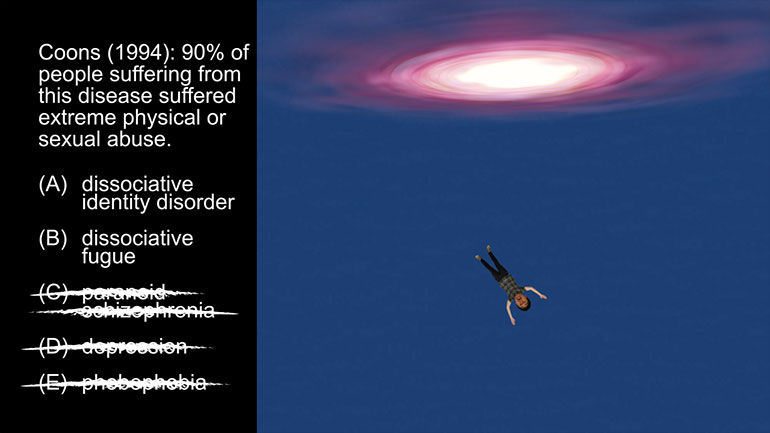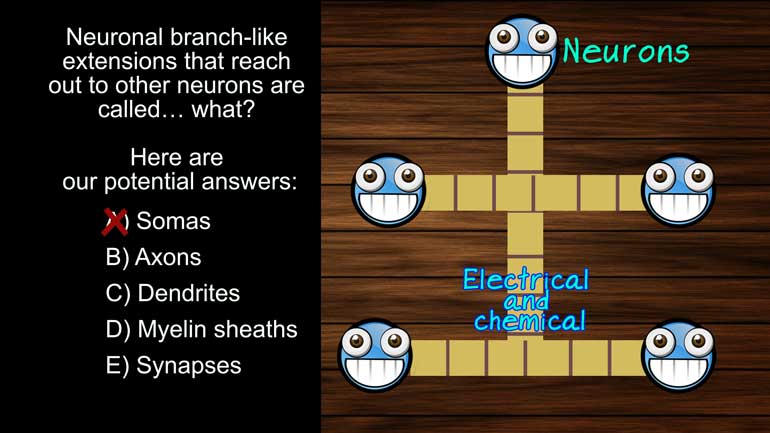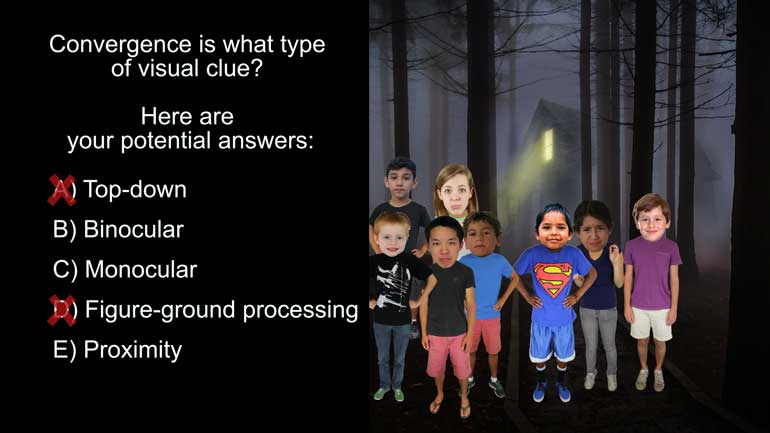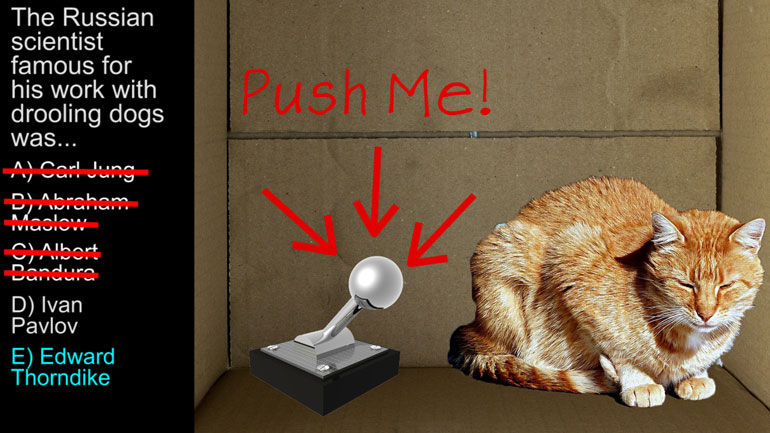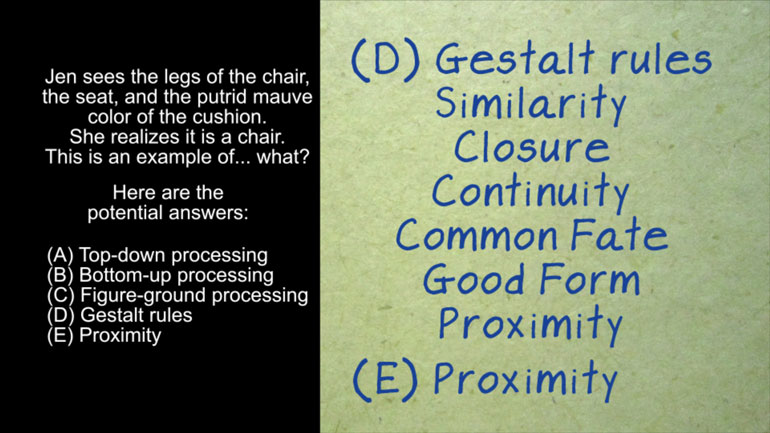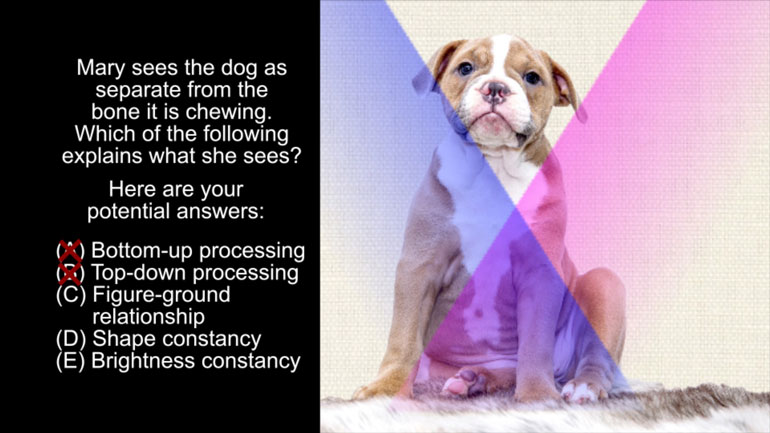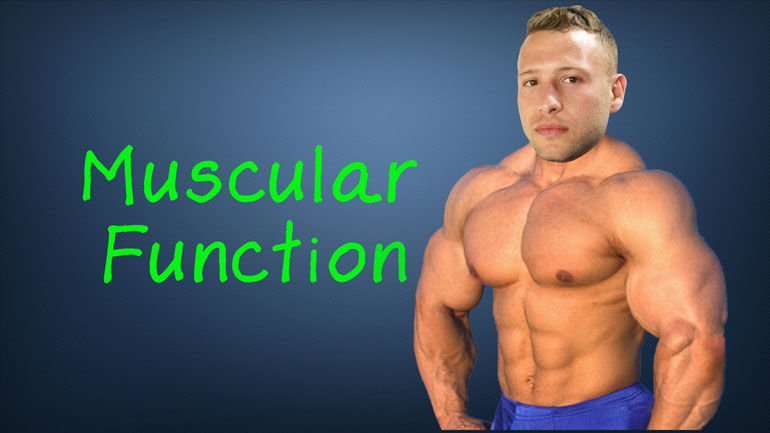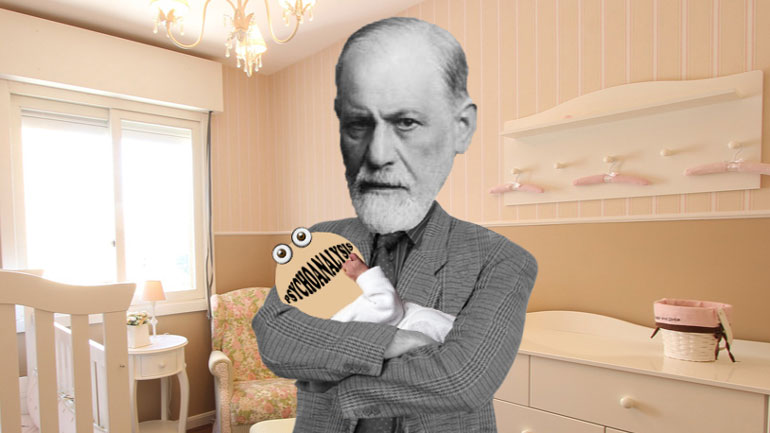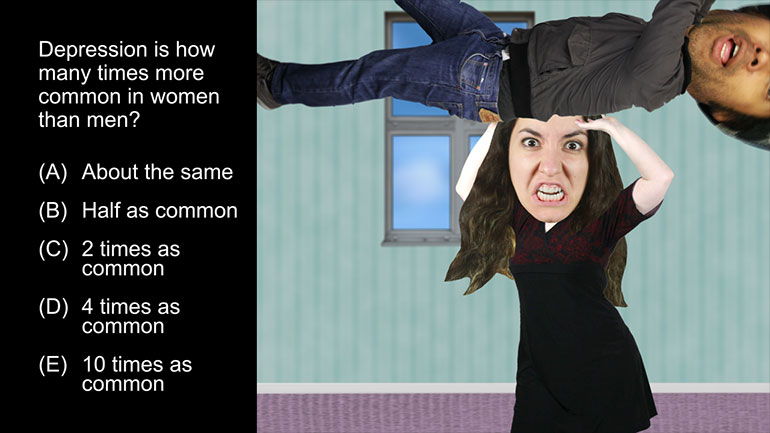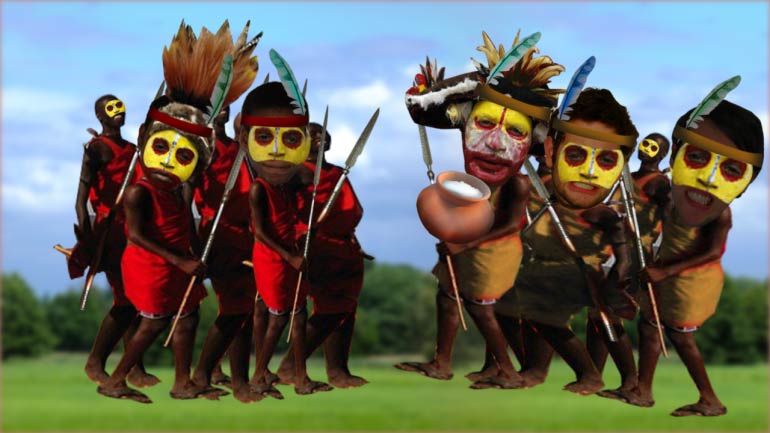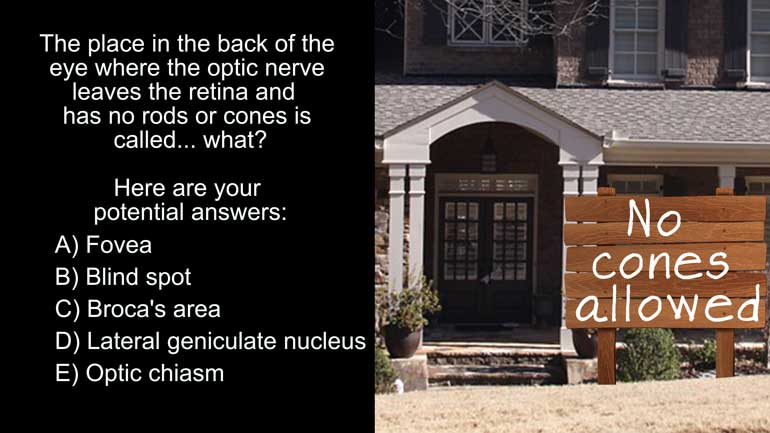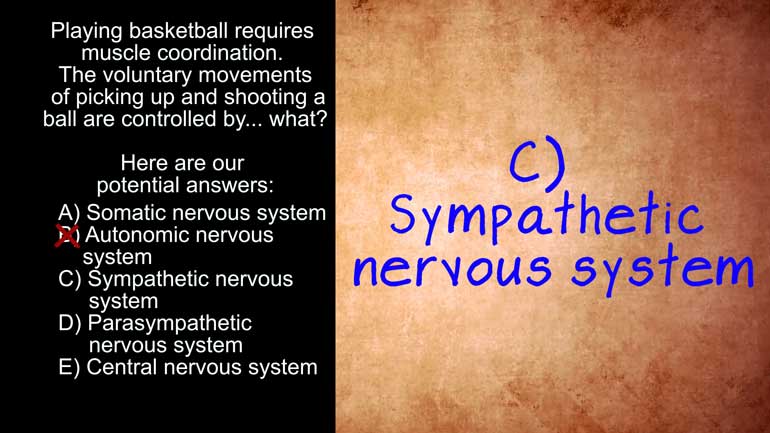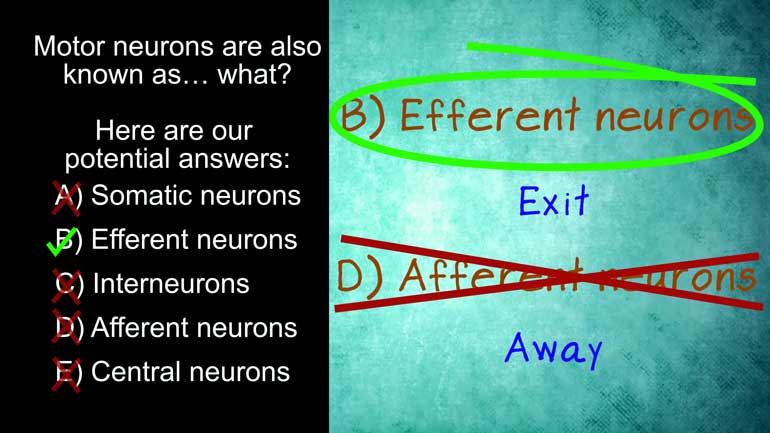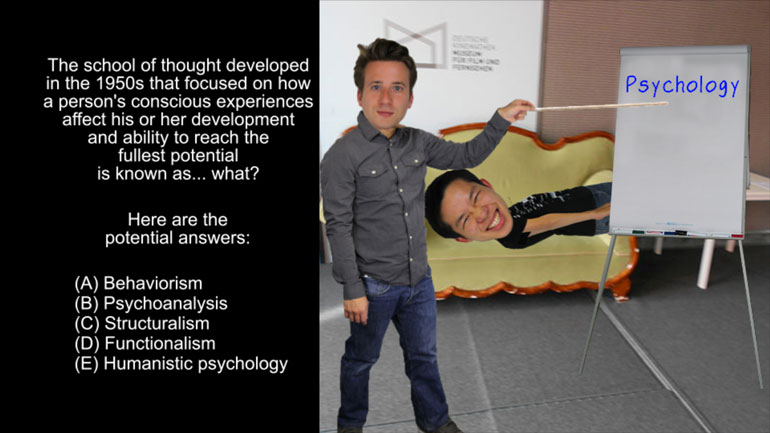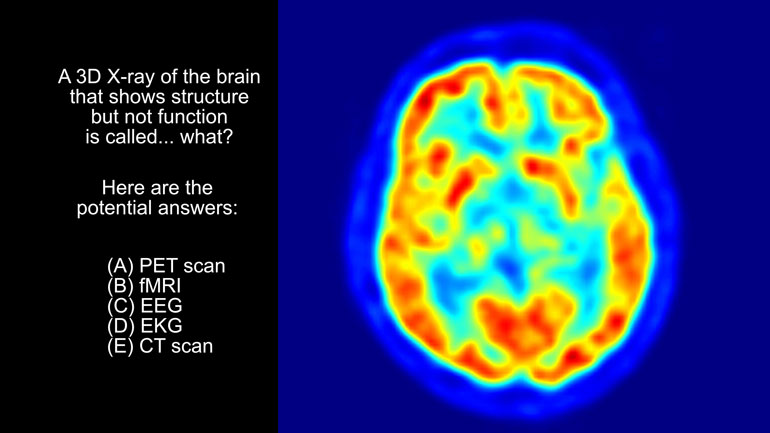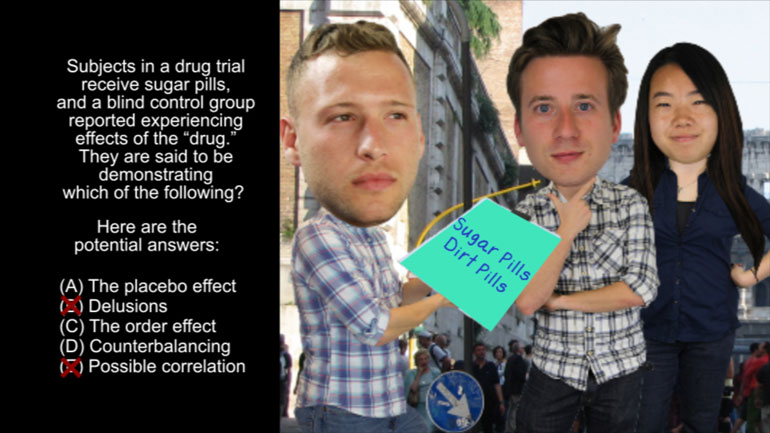ShmoopTube
Where Monty Python meets your 10th grade teacher.
Search Thousands of Shmoop Videos
AP Psychology Videos 163 videos
AP Psychology 2.2 Social Psychology. Which of the following was an independent variable manipulated in Asch's research?
AP Psychology 1.1 Personality. According to Freud, these three parts of personality are constantly in conflict.
AP Psychology 1.1 Sensation and Perception. The process by which the brain can turn sensory stimuli from the outside world into electrical signals...
AP Psychology 3.1 Social Psychology 6 Views
Share It!
Description:
AP Psychology 3.1 Social Psychology. What has Jeff exhibited in this situation?
Transcript
- 00:04
And here's your Shmoop du jour, brought to you by football, number [Football kicked into the air]
- 00:07
one in television programming, in terms of contributing to obesity in America.
- 00:13
Jeff tries out for the football team, he can't throw, or catch pass and is
- 00:17
subsequently cut right away. He decides football is a dumb sport. He just
- 00:22
exhibited what and here are your potential answers. So when Jeff was cut and
Full Transcript
- 00:29
proceeded to call the sport dumb, what was he actually doing? Was it a fundamental [man pouting on football field]
- 00:33
attribution error? No, because that would describe the tendency for people to
- 00:37
assume, that other people's action are due mostly to their internal feelings. As
- 00:41
opposed to external factors. If we saw Jeff eating dirt in the middle of the
- 00:45
field, we might incorrectly assume, he was doing so because he liked the taste of [Jeff eating dirt on a field]
- 00:49
dirt. When in actuality it was the external factor of the giant linebacker
- 00:53
having shoved his face into the ground, that was truly at work. And it's not self-
- 00:56
effacing either, which is actually a bias that assumes success is based on [man's silhouette with lightbulb inside]
- 01:00
external factors and failures based on internal factors. For example, we might
- 01:05
look at Justin Bieber's success and say that he was just lucky, or that other
- 01:08
people decided to make him famous. As opposed to, giving him the personal
- 01:13
credit for it. The opposite of that is a self-serving bias, the tendency we have
- 01:17
to attribute success to ourselves. But failure to external factors. This would be
- 01:22
Justin Bieber giving himself sole credit for his success, up until his career [Justin Bieber in hot tub]
- 01:25
eventually being to fade. At which point he'll blame everyone but, himself. This is
- 01:30
not what's happening with Jeff here however. An attitude is simply a
- 01:34
belief, or evaluation, of someone, or something. So while Jeff's attitude
- 01:37
towards football might be negative, that's not what we're asking. What we're
- 01:41
looking for here, is an explanation for why Jeff has suddenly decided, he thinks
- 01:45
football is dumb. Even though the fact that, he tried out for the team, clearly
- 01:49
suggests otherwise. That is called cognitive dissonance, it's the [man holding football]
- 01:53
uncomfortable conflict, a person experiences when their behaviors don't
- 01:56
match up with their feelings. Which forces them to reconsider their feelings, in order to
- 02:00
alleviate this conflict. Jeff felt uncomfortable about getting cut from the
- 02:03
team, for the sport he supposedly liked. So he decided to claim he didn't like the
- 02:08
sport anymore, in order to cure that tension. Which is great because Jeff
- 02:13
actually love hockey anyway. [man playing hockey]
Related Videos
AP Psychology 2.2 Social Psychology. Which of the following was an independent variable manipulated in Asch's research?
AP Psychology 1.1 Personality. According to Freud, these three parts of personality are constantly in conflict.
AP Psychology 1.1 Sensation and Perception. The process by which the brain can turn sensory stimuli from the outside world into electrical signals...
AP Psychology 1.1 Social Psychology. Which of the following best describes social psychology?
AP Psychology 1.1 States of Consciousness. Who conducted research on REM sleep deprivations?
